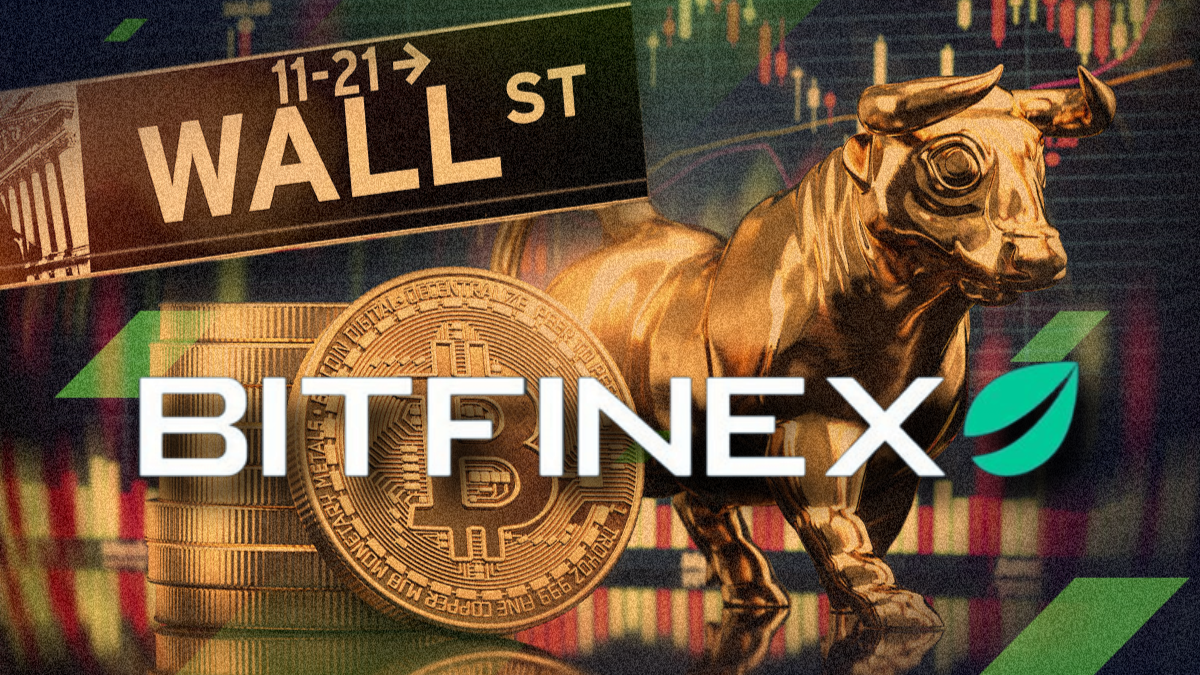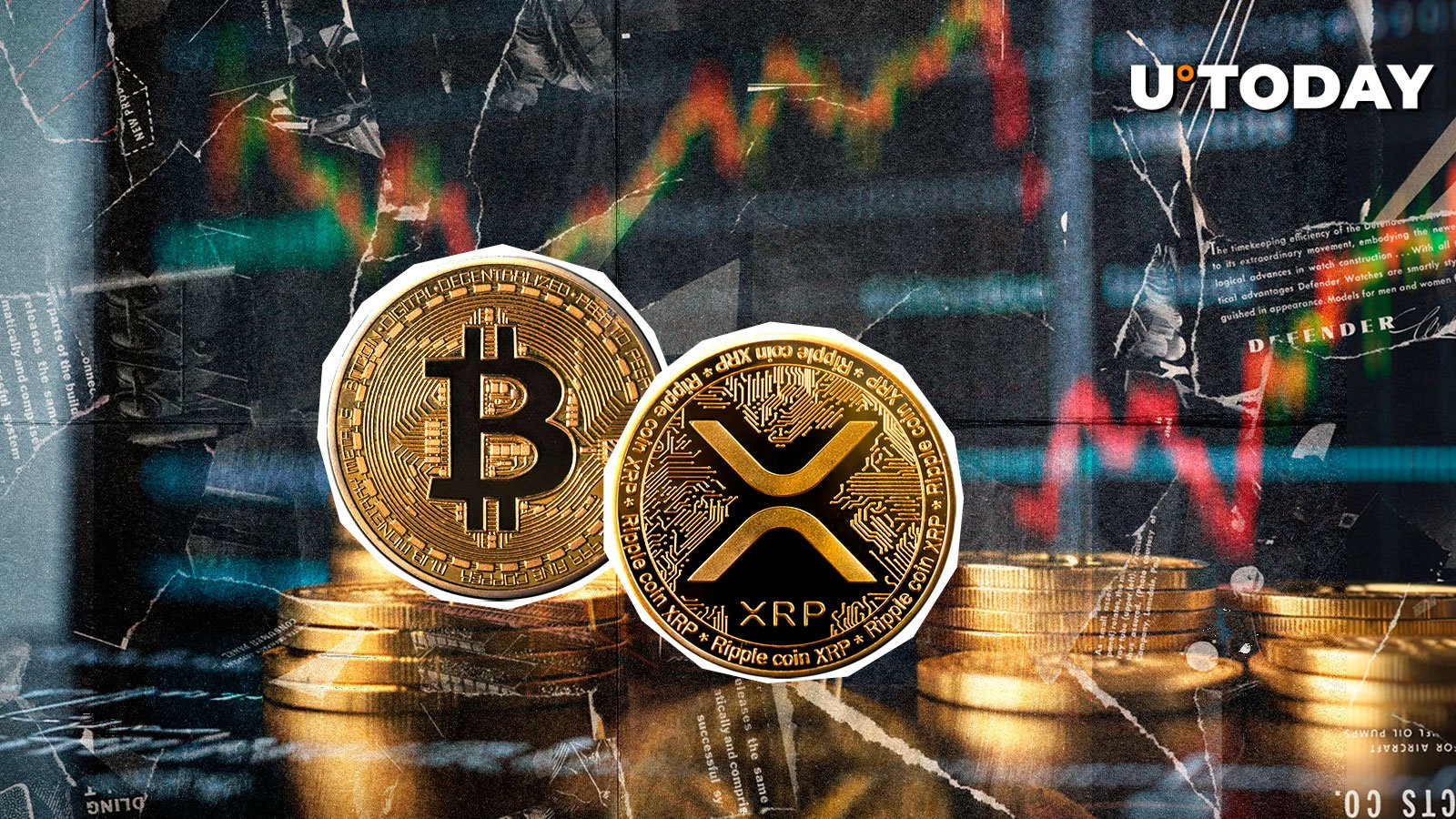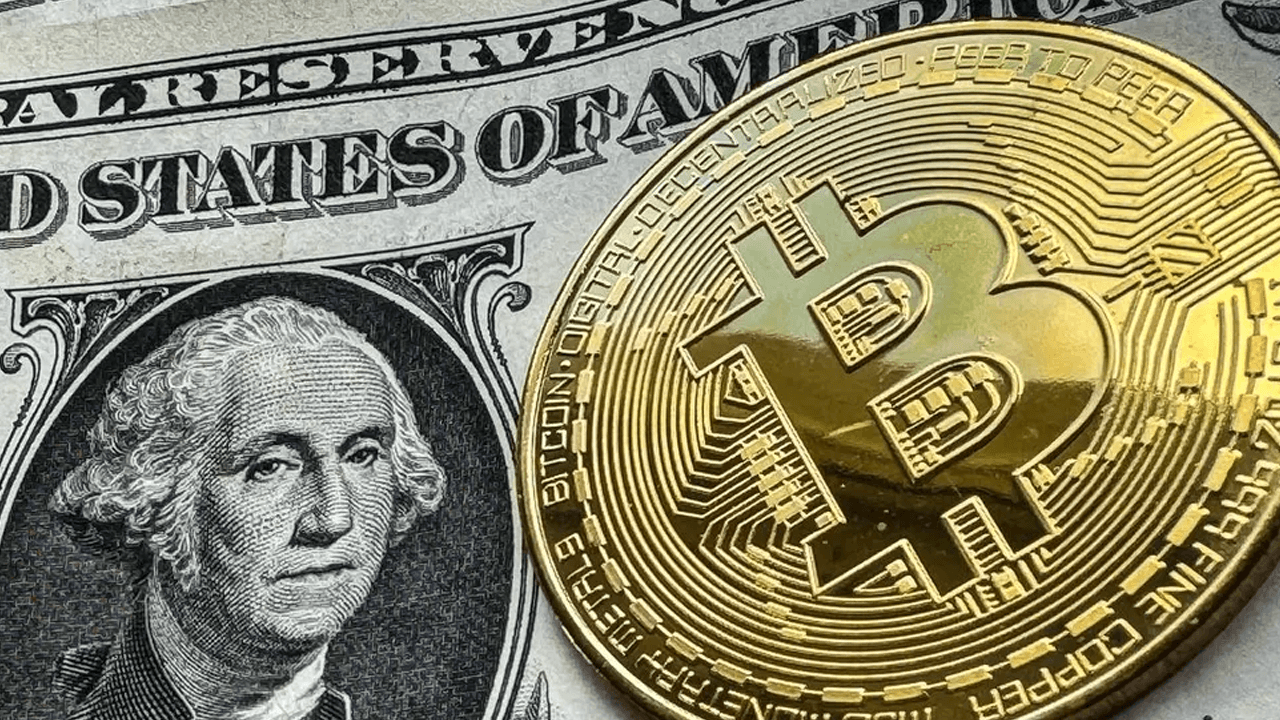Bitcoin’s Resilience Amidst Stock Market Volatility: A Closer Look
The past week has seen a significant downturn in global stock markets, with major indices experiencing steep declines. Amidst this turmoil, Bitcoin, the world’s largest cryptocurrency, showed remarkable resilience, ending the week with just a 0.65% decline.
Macroeconomic Factors and Bitcoin
According to a recent report by Bitfinex, the leading digital asset trading platform, the correlation between Bitcoin and traditional equity indices has been on the decline. This trend, the report suggests, may continue as macroeconomic volatility begins to cool down.
Decoupling from Traditional Markets
Historically, Bitcoin has been known to exhibit strong correlation with traditional asset classes, particularly stocks. However, as the cryptocurrency market matures and becomes more independent, this correlation is beginning to weaken.
Bitfinex’s report states, “The decoupling of Bitcoin from traditional equity markets is a positive sign for the cryptocurrency. It indicates that Bitcoin is increasingly being viewed as a distinct asset class, rather than just a digital version of gold or stocks.”
What Does This Mean for Individual Investors?
- Diversification: For individual investors, Bitcoin’s decoupling from traditional markets means that adding cryptocurrencies to your portfolio can help diversify your risk.
- Volatility: However, it’s important to remember that Bitcoin remains a highly volatile asset. As such, potential investors should only consider allocating a small percentage of their portfolio to cryptocurrencies.
- Long-term Perspective: A long-term investment horizon is crucial when it comes to Bitcoin. While short-term price fluctuations are common, the overall trend has been upwards.
Impact on the World
The decoupling of Bitcoin from traditional markets could have far-reaching implications for the global economy. Here are some potential scenarios:
- Financial Inclusion: As Bitcoin becomes more independent from traditional markets, it could help bring financial services to the unbanked and underbanked populations around the world.
- Monetary Policy: Decoupling could also make it more difficult for central banks to control the value of their currencies through monetary policy. This could lead to increased volatility in traditional markets.
- Regulation: As the correlation between Bitcoin and traditional markets weakens, regulators may reconsider their stance on cryptocurrencies. This could lead to more favorable regulatory environments and increased institutional adoption.
Conclusion
The past week’s stock market volatility served as a reminder of the importance of diversification. Bitcoin’s resilience amidst this turmoil is a positive sign for the cryptocurrency, indicating that it is increasingly being viewed as a distinct asset class. For individual investors, a long-term perspective and a small allocation to cryptocurrencies can help mitigate the risks associated with Bitcoin’s volatility. Meanwhile, the decoupling of Bitcoin from traditional markets could have far-reaching implications for the global economy, from financial inclusion to monetary policy and regulation.
As we move forward, it will be interesting to see how these trends continue to evolve. Stay tuned for more insights and analysis from Bitfinex and other leading voices in the cryptocurrency space.





